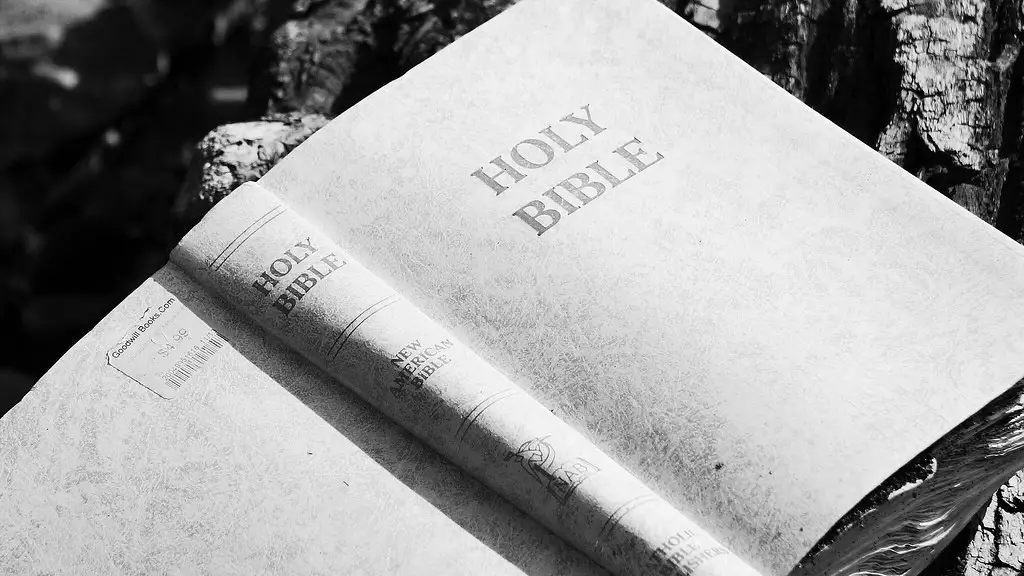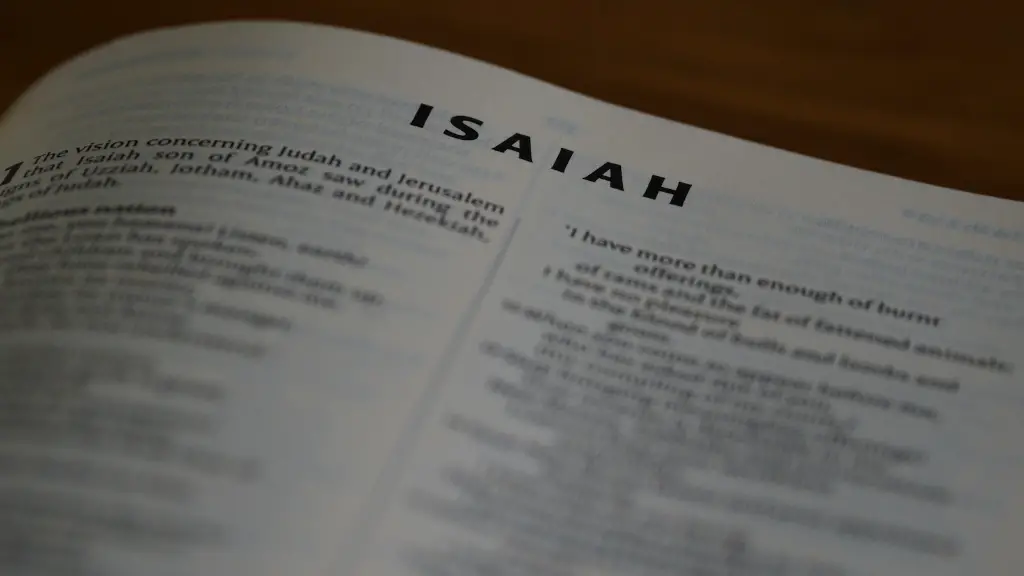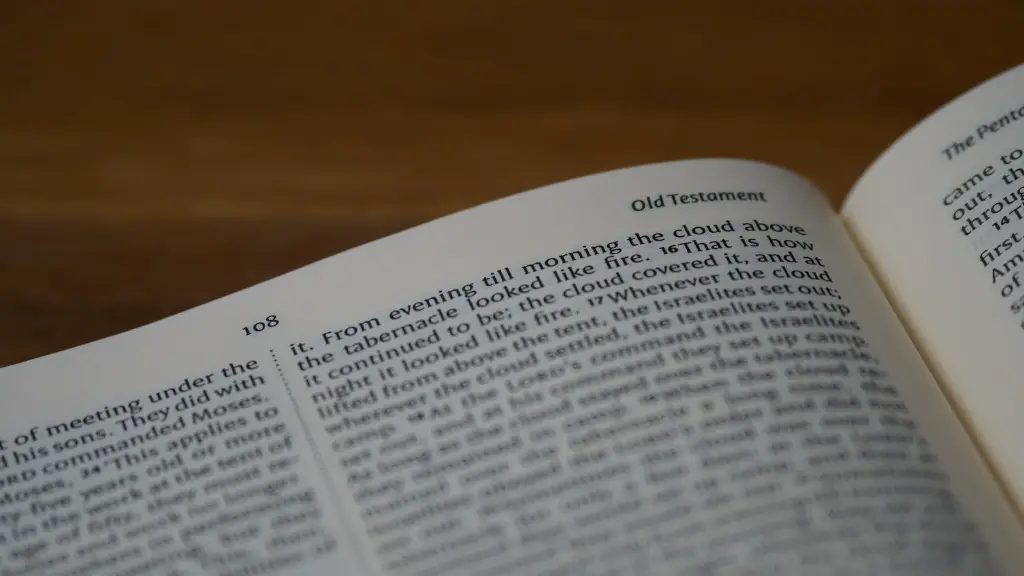Biography
Ezekiel, son of a priest named Buzi, was born in or around 623 B.C. in Jerusalem. He was among the exiles of the Kingdom of Judah sent to Babylon by the invading forces of King Nebuchadnezzar in 597 B.C., when Ezekiel was around 25 years old. In Babylon, Ezekiel was a religious leader and prophet among the Jews. He is mentioned in the Hebrew Bible and the New Testament, and is believed to have written the first part of the book that bears his name.
Ezekiel was highly educated, a scribe, and a priest. He began his prophetic ministry around 598 B.C., when God called him to prophesy against Israel, predicting disaster and defeat for the wayward nation. Ezekiel, who was then living in Babylon, spoke of redemption for the Jews who were faithful and obedient to God’s law.
Ezekiel underwent a spiritual conversion experience in which he saw a vision of God, an encounter which changed him forever. He testified of God’s justice, suffering and compassion. His vivid, detailed descriptions of ritual practices showed God’s love and mercy, they brought the listener to understand the power of God and left no one indifferent.
God also gave him the mission of condemning Babylon’s gods, describing their pathetic fate, and comforting the exiles with promises of deliverance and the restoration of the nation. Throughout his prophetic ministry, Ezekiel continually warned against idolatry. His prophetic message which was carried out through signs and miracles, emphasised the seriousness of God’s judgement.
Legacy
Ezekiel is believed by many to be among the greatest of Biblical prophets. The book of Ezekiel is among the most wide-read books of the Bible and his words have been studied for centuries. Ezekiel also appears in Muslim literature as a wise prophet and mentor to Ibrahim (Abraham).
His name is one of the most recognizable in the Bible. Whenever it is mentioned since then, it has become a reminder of God’s justice, mercy, and power. The importance of his prophecies has been recognized by believers and non-believers alike. Moreover, his teachings have inspired many spiritual leaders, artists, writers and thinkers throughout history.
One of the most enduring legacies of Ezekiel is his vision to dream of a time when God’s power overcomes the power of sin. His faith and belief in God, and his courage to speak out despite hardships and judgment, will continue to be an inspiration to us all.
Major Themes
In his book, Ezekiel emphasized a number of major themes which help us understand his faith, his prophetic message and the impact it had on his audience. These themes include judgement, exile, hope for redemption, and obedience to God.
Ezekiel predicted the destruction of Jerusalem due to the people’s sin. He declared judgement on his own people for their idolatrous ways. In addition, he predicted the children of Israel’s return from exile in Babylon. He also emphasised the importance of obedience to God’s law, encouraging the people to trust in God’s justice and mercy.
The imagery and symbolism which Ezekiel used throughout his book continues to be significant to this day. He often represented ideas such as judgement, exile and condemnation through visions and metaphors. Through his work, he was able to effectively portray the destruction of Jerusalem and the hope of redemption.
Rituals and Practices
Ezekiel’s book is full of detailed descriptions of ritual practices and ceremonies, which he used to show the power and justice of God. He also revealed God’s will to the people, and religious obligations which were meant to be taken seriously.
One of the most important ritual elements described in Ezekiel’s book is blood sacrifice. This ritual was one of the most important offerings to the Lord, and a reminder of the suffering and death of Jesus Christ. Ezekiel was an important advocate for the rituals, and he encouraged the people to practice them faithfully.
In addition, he declared the importance of tithing and offering first fruits to God. He described the importance of celebrating the Feast of Tabernacles and Passover, as well as other holy feasts.
Throughout his books Ezekiel reminded the people of their need to be obedient, faithful and loyal to God. His rituals and practices stressed holiness and reverence for God, and a need to be separate from the idolatrous practices of other nations.
Significance
Ezekiel was a major figure in the Bible, and his teachings continue to be an important source of inspiration for religious leaders and scholars today. His book stands out in the Bible for its focus on judgement, redemption and obedience to God’s law. It is also one of the most vivid and detailed works of Biblical prophesy.
The themes, imagery and symbolism which Ezekiel used in his book have also become major themes in literature and art, as they are seen as beautiful examples of faith and devotion to God. His words have captivated many and continue to inspire people today.
Ezekiel’s words and works remain significant to this day and will continue to shape our understanding and interpretation of the Bible. He helped his people to have faith in God, and his work remains an important reminder of God’s justice and mercy.
Progressiveness
Ezekiel’s prophetic message is a testament to his progressiveness. His revolutionary ideas, particularly as they relate to the role of women and social justice, remain highly relevant to modern society. He was a champion for those on the margins of society and spoke out for their rights and dignity.
Ezekiel gave the people of Israel a vision of a society that was based on justice and compassion. He argued for compassion for the poor and for respect for the marginalized people of society. He advocated for the rights of women and children, as well as the proper treatment of slaves and aliens in society.
Ezekiel’s message is also one of hope, showing that no matter how bleak the situation seemed, God could use it as an opportunity to renew the covenant and bring about redemption. His progressive outlook was a reminder that God’s mercy is ever-present and that hope is never lost.
Moral Teachings
Ezekiel’s prophetic message contains moral teachings which can be applied to modern society today. He taught his people to be humble and reverent of God, to obey his commandments, and live lives of righteousness and justice. He stressed a need for repentance and encouraged repentance by demonstrating God’s mercy and forgiveness.
He also encouraged a strong sense of community and encouraged his people to look out for each other. He warned that individuals are responsible not only for their own actions but also for the actions of their neighbors. He declared that it was everyone’s responsibility to work together to create a just and righteous society.
Throughout his prophetic messages, Ezekiel reminded his people of the importance of taking personal responsibility for their actions. He cautioned them against backsliding and encouraged them to continue striving for righteousness and justice.
Symbolic Messages
The symbolic messages used by Ezekiel are among the most memorable sections of his book. He often used vivid imagery, such as the four living creatures, the wheel within a wheel, and the cherubim, to drive home his point. He also used symbols such as the sun, moon and stars to represent God’s glory and power.
Throughout his prophetic messages Ezekiel frequently used metaphors and similes to get his point across. One of the most well-known metaphors is the Valley of Dry Bones where Ezekiel predicted a resurrection of God’s people. This metaphor has been used to illustrate the power of God and his ability to bring new life and hope out of the most dire circumstances.
In addition to these symbols, Ezekiel also used many other
metaphors and symbols such as fire, wind, and water to illustrate his points. These symbols were used to reinforce his teachings, create memorable images and captivate his audience.





